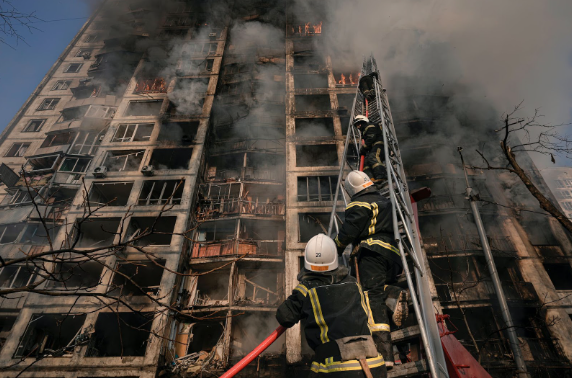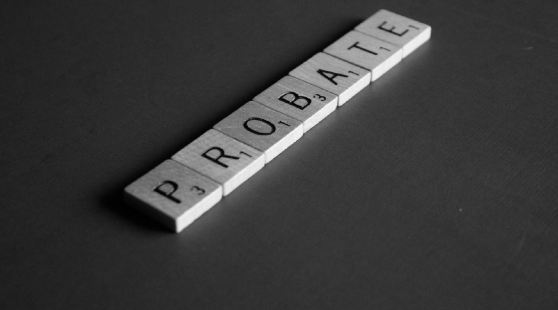
As a homeowner, have you considered whether your home insurance policy includes coverage for fire damage? If not, it’s crucial to understand the importance of fire insurance and how it can help protect your investment.
What Exactly Is Fire Insurance?
Fire insurance provides additional protection beyond your standard homeowner’s insurance policy, covering damage to your home and any losses resulting from a fire. This coverage can help cover the costs of rebuilding your home and replacing your belongings in case of a fire.
What Fire Insurance Does And Does Not Cover?
Generally, fire insurance policies cover accidental fires in your home, including those caused by short circuits, nuclear damage, floods, war, terrorism, and other unexpected events. However, fires resulting from negligence or arson are not covered. Keep in mind that committing arson in an attempt to collect insurance money is not only illegal but can lead to severe legal consequences if discovered.
In addition, this coverage helps with expenses such as hotel stays, rental apartments, restaurant meals, and laundry services. Remember to keep all receipts to ensure reimbursement.
Points To Note In A Fire Insurance Policy
When evaluating fire insurance policies, consider these key points:
- Protection: Fire insurance provides comprehensive coverage for movable and immovable property within your home.
- Types of coverage: Policies cover various property types, such as buildings, furniture, fixtures, machinery, and inventory.
- Perils covered: Besides fire, policies may cover losses from lightning, explosions, landslides, burst water tanks, and other events.
- Customization: Many fire insurance policies can be tailored to include additional perils not covered by default, like acts of terrorism.
- Tenure of policy: Fire insurance policies are often issued for extended periods, with a minimum duration of three years.
Fire insurance is vital to homeowner’s insurance coverage, providing much-needed financial security in case of a fire. Review your existing policy to ensure it includes fire insurance; if not, consider adding this essential protection.





